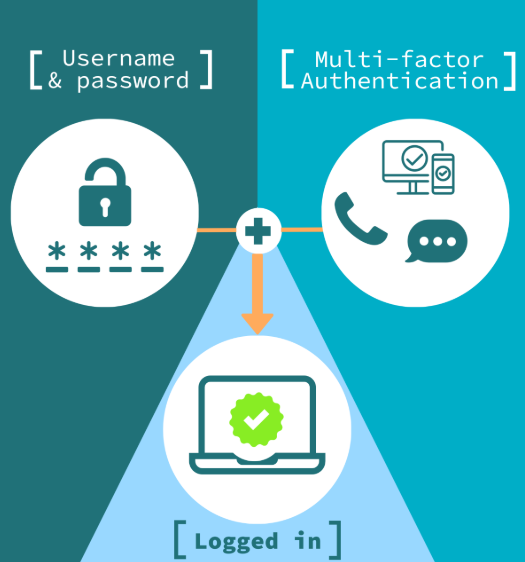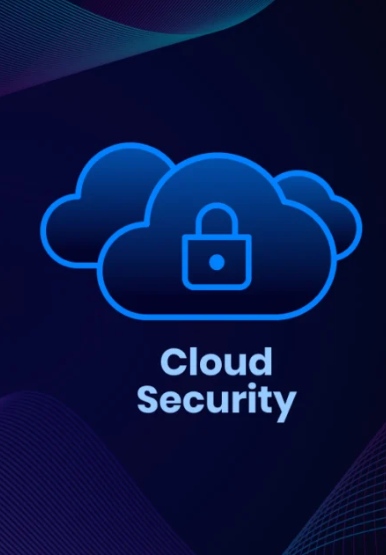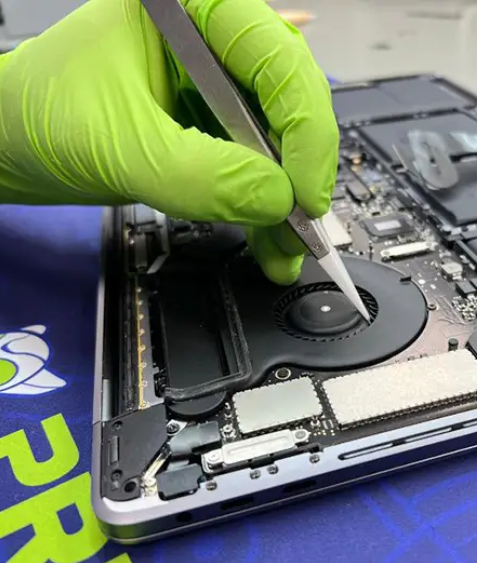
Technology is the backbone of today’s business operations, but managing IT infrastructure in-house can be challenging—especially for small and mid-sized companies. From cybersecurity threats to software updates and hardware maintenance, keeping everything running smoothly requires specialized expertise that many businesses simply don’t have on staff.
That’s where outsourcing IT support comes in. Instead of struggling with the costs and complexities of an internal IT department, businesses can partner with experts to handle their technology needs efficiently and cost-effectively.
1. Cost Efficiency: A Smarter Way to Budget for IT
Hiring, training, and retaining an in-house IT team is expensive. Salaries, benefits, ongoing training, and equipment costs add up quickly. Outsourcing converts these fixed expenses into predictable monthly payments, allowing businesses to allocate funds more strategically.
Additional financial benefits include:
- No need for expensive hardware investments (outsourced providers often include infrastructure in their service plans)
- Pay only for the level of support you actually need, scaling up or down as business demands change
- Lower long-term costs compared to maintaining a full-time IT department
2. Access to Specialized Expertise
Technology evolves rapidly, and keeping up with the latest security protocols, cloud solutions, and network management techniques requires constant learning. IT service providers employ teams of specialists with certifications and hands-on experience across multiple industries.
Whether it’s setting up cloud storage, improving cybersecurity, or troubleshooting network issues, outsourced IT teams bring knowledge that most small businesses couldn’t afford to hire individually.
3. Stronger Security & Compliance
Cyber threats are growing more sophisticated, and a single breach can devastate a business. IT support providers specialize in:
- Implementing advanced security measures (firewalls, encryption, threat detection)
- Conducting regular vulnerability assessments
- Ensuring compliance with industry regulations (GDPR, HIPAA, etc.)
With 24/7 monitoring, outsourced teams detect and neutralize threats before they cause damage—something most small businesses can’t do alone.
4. More Time to Focus on Core Business Goals
Managing IT issues in-house can be a major distraction. Employees spend valuable time troubleshooting tech problems instead of focusing on revenue-generating activities. Outsourcing IT support means:
- Less downtime due to faster issue resolution
- Employees can concentrate on their primary roles
- Leadership can focus on strategy, growth, and customer service
5. Proactive Maintenance & Reduced Downtime
Technology failures rarely happen at convenient times. With outsourced IT support, businesses get:
- 24/7 monitoring to catch and fix problems before they escalate
- Faster response times when issues do occur
- Regular system updates to keep software and hardware running smoothly
This minimizes disruptions and keeps productivity high.
Choosing the Right IT Partner
Not all IT service providers are equal. When selecting a partner, consider:
- Industry experience (do they understand your business needs?)
- Security protocols (what measures do they have in place?)
- Service level agreements (what are their guaranteed response times?)
- Transparent pricing (are there hidden fees?)
Final Thoughts
Outsourcing IT support isn’t just about cutting costs—it’s about gaining a competitive edge. By partnering with experts, businesses can improve security, efficiency, and reliability while freeing up time and resources to focus on growth.
For companies looking to streamline operations and safeguard their technology, outsourcing IT is no longer just an option—it’s a smart business decision.















































